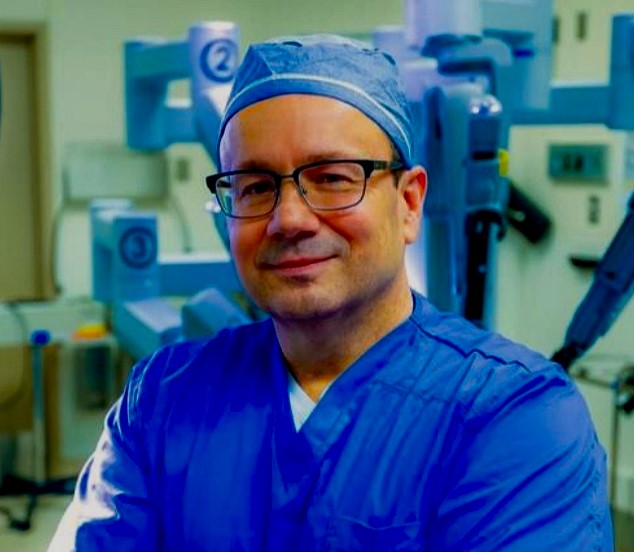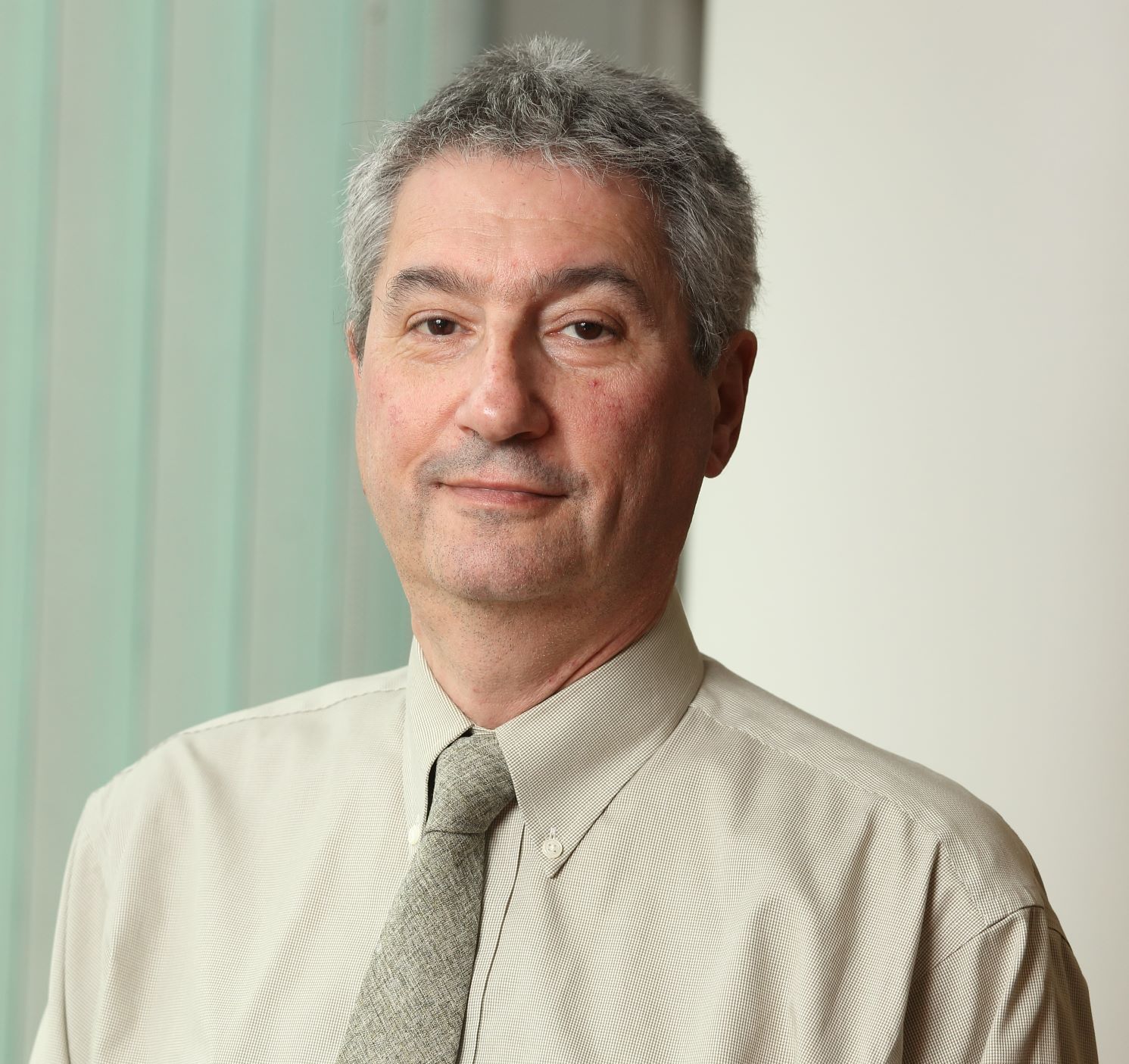
Prostate cancer is the most common cancer diagnosed among men in the United States. Considered curable if diagnosed at a localized stage, the survival rate of men with metastatic disease is dramatically reduced. Due to the androgen-dependence of prostate cancer, androgen deprivation therapy (ADT) has been the mainstay and primary therapeutic approach for management of men with metastatic prostate cancer. Join Drs. Robert Dreicer and Michael Cookson as they review the principles of androgen deprivation therapy and discuss the latest clinical data for recently approved ADT agents and studies of ADT-based combination regimens in the treatment of men with metastatic hormone sensitive prostate cancer (mHSPC). The evolving guideline-directed evidence-based approaches for therapeutic intensification in the treatment of mHSPC are also discussed. Listen to the faculty discuss case studies to gain practical insights into choosing optimal therapies that incorporate ADT for individual patients and balance patient preferences with therapeutic goals.
This program is also available as a podcast. You may download it here: https://anchor.fm/annenberg-center-for-health-sciences
Course Credit:
1.5 AMA PRA Category 1 CreditsTM
Dates:
Opens: 2021-12-21
Closes: 2022-12-21
Target Audience:
This activity was developed for medical oncologists, nurse practitioners, and other healthcare professionals who care for patients with prostate cancer.
Funding for this Independent Medical Education Grant is being provided from Pfizer Inc and Myovant Sciences Ltd.
-

Michael S. Cookson, MD, MMHC
Professor and Chairman
Department of Urology
Donald D. Albers Chair in Urology
University of Oklahoma Health Sciences Center & Stephenson Cancer Center
President, Society of Urologic Oncology
Oklahoma City, Oklahoma -

Robert Dreicer, MD, MS, MACP
Deputy Director
Associate Director for Clinical Research
University of Virginia Cancer Center
Co-Director and Section Head of Medical Oncology
Paul Mellon Urologic Cancer Research Institute
Professor of Medicine and Urology
University of Virginia School of Medicine
Charlottesville, Virginia